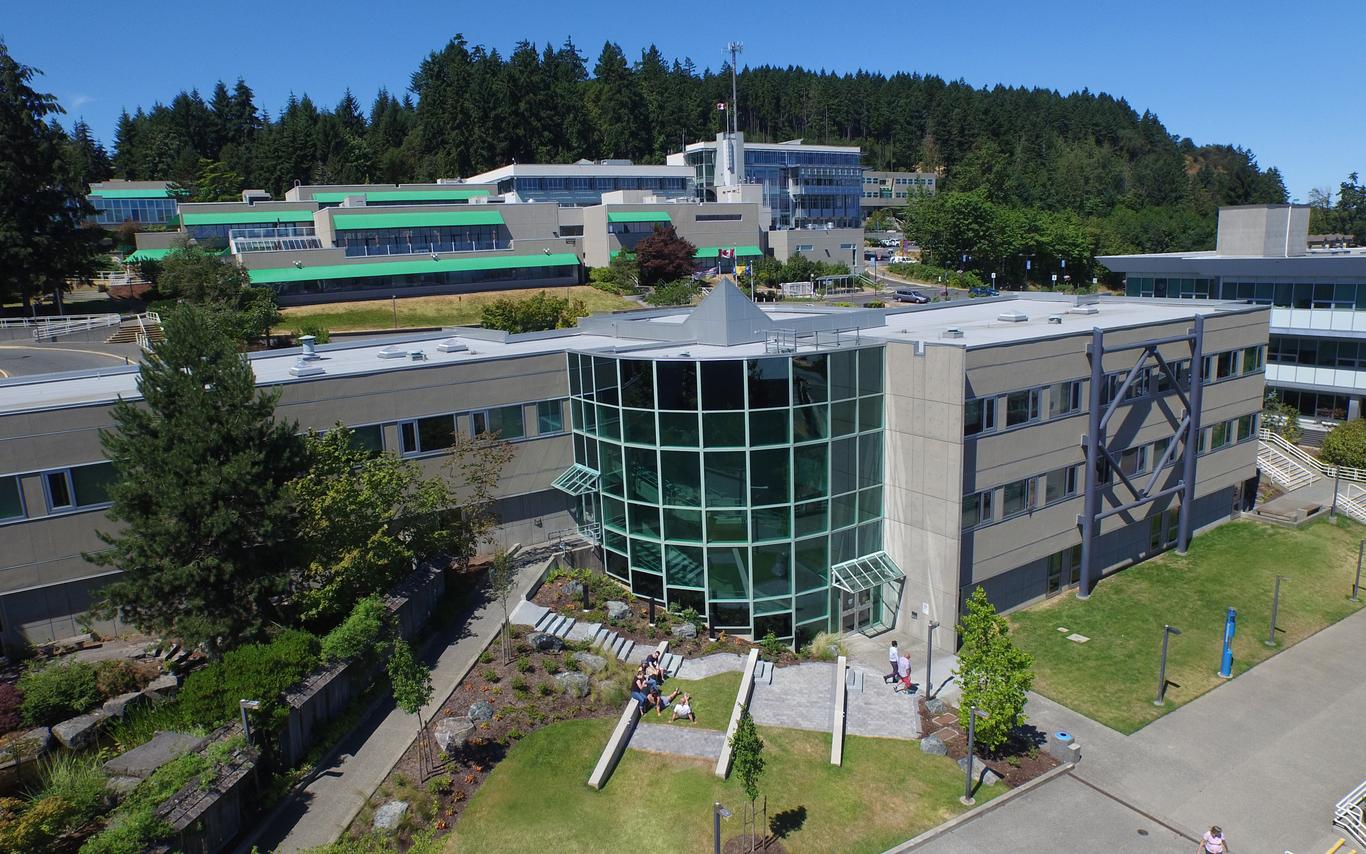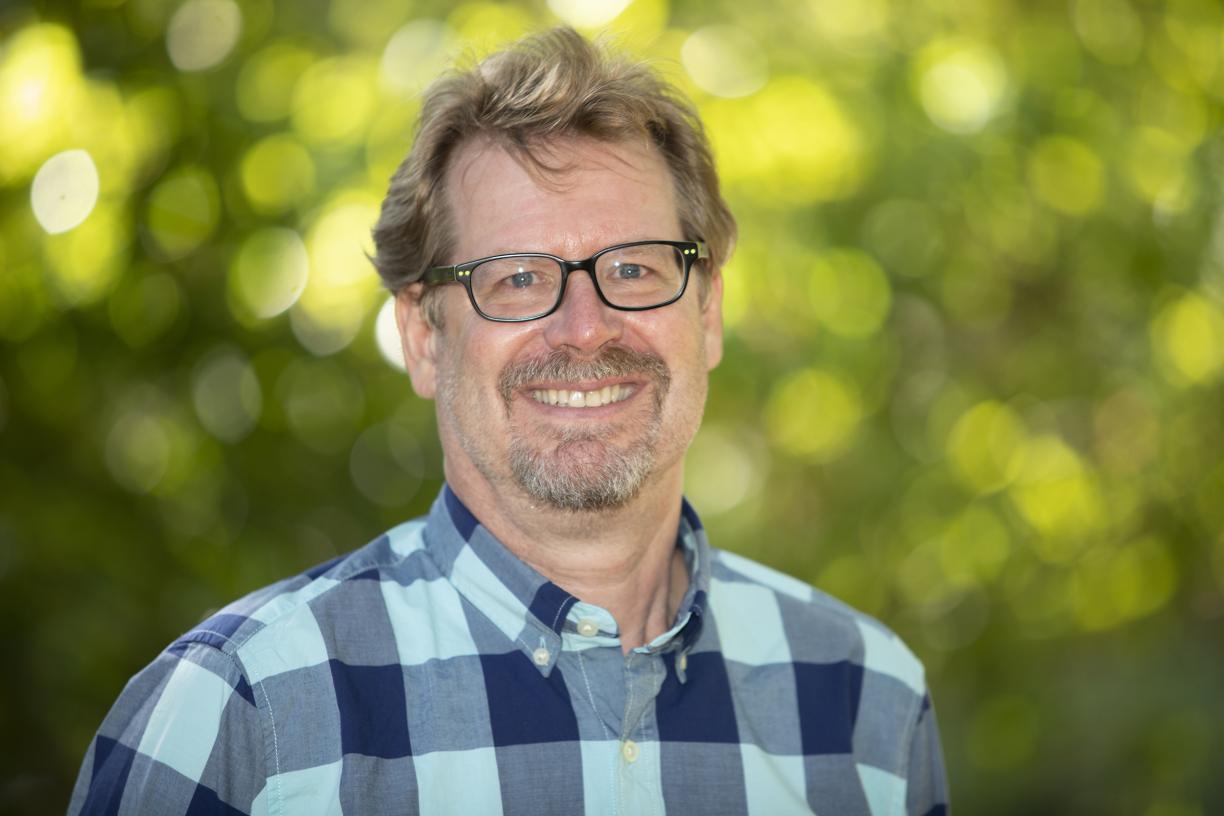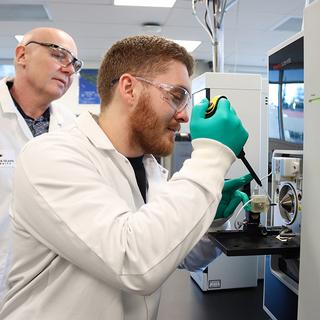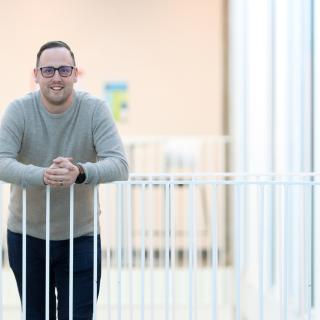Dr. Erik Krogh received a Natural Sciences and Engineering Research Council of Canada Discovery Grant of $180,000 over five years to pursue his research. Vancouver Island University photo
VIU Chemistry Professor Dr. Erik Krogh receives NSERC Discovery Grant to continue groundbreaking research.
Dr. Erik Krogh, a Vancouver Island University (VIU) Chemistry Professor, is expanding the frontiers of mass spectrometry to develop real-time measurements of emerging contaminants in real-world samples.
Access to clean air, water and food is critical to the quality of life in Canada, said Krogh, who is also Co-Director of VIU’s Applied Environmental Research Laboratories. Thousands of chemical pollutants enter the environment as individual compounds or complex mixtures during their production, use and disposal at concentrations that vary widely over time and space. Existing tools to measure the impact of these pollutants on the environment are costly and time intensive, which limits their widespread use.
“Our research is aimed at developing sensitive and selective chemical analysis methods that are fast, simple and robust. This science enables rapid screening methods for environmental toxins, real-time monitoring of chemical processes, and the mobilization of high-precision measurements from the laboratory setting to the field to provide information ‘when’ and ‘where’ it is needed,” said Krogh. “The goal of this research is to better understand how contaminants are distributed in the environment and how quickly they are transformed.”
Krogh received a Natural Sciences and Engineering Research Council of Canada (NSERC) Discovery Grant of $180,000 over five years to pursue his research. The grant supports foundational science to develop new mass spectrometry methods and apply them to solve real-world issues.
Krogh’s methods can be applied to atmospheric chemistry to address air quality and climate change as well as monitor pollution in water and soil. Some of the applied research projects currently underway include air quality and greenhouse gas monitoring at regional sites such as landfills and detecting tire wear contaminants, which are extremely toxic to salmon in stormwater and urban streams.
“Applied research would not be possible if it were not for that fundamental science that allowed us to develop innovative methods that can be taken on the road in the mobile mass spec lab,” said Krogh.
Most of Krogh’s NSERC grant will be used to support undergraduate and graduate student research at VIU. These research opportunities give students valuable hands-on learning experiences.
-30-
Media Contact:
Rachel Stern, Communications Officer, Vancouver Island University
C: 250.618.0373l E: Rachel.Stern@viu.ca | T: @VIUNews





